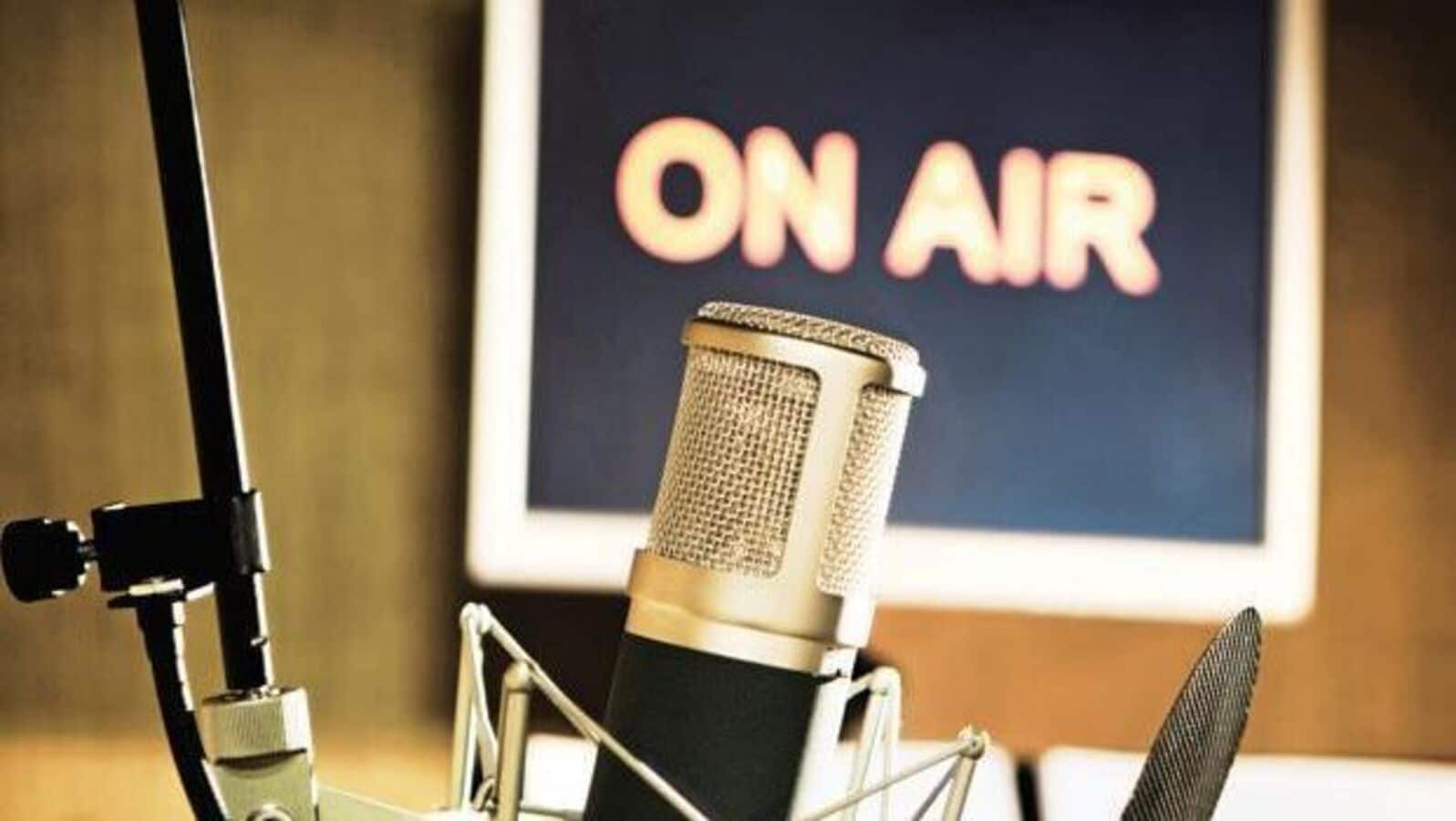The Union government’s recent approval of 730 new FM radio stations in 234 cities and towns across India has sparked complaints from certain quarters – the Indian music industry.
The expansion, part of the third phase of India’s FM Radio Policy, aims to increase local content, generate employment and bolster government broadcasting in underserved areas, with an estimated reserve price of ₹784.87 crore.
Record labels, however, are skeptical, citing limited advertising and revenue from small cities and towns., and ongoing disputes over radio royalties with the industry struggling to be adequately compensated for its content.
“The news has not generated much of a stir within the music industry as it is unlikely to result in any major monetary benefits for record labels or, in turn, music creators,” said a senior music label executive on condition of anonymity.
The executive noted that under Section 31D of the Copyright Act 1957, different rates apply to radio and television broadcasts, often resulting in inadequate compensation for music labels.
According to the Ficci EY 2024 report, only 4% of the music industry’s total revenue comes from syndication (which includes both radio and television).
“This has resulted in negligible payouts for record labels, even though barter deals such as artist access and meet-and-greet events could help with marketing and promotion campaigns for songs,” the executive added.
Read also | Vikram Mehra of Saregama: The Music Creator
A conflict of rights
The long-running conflict between radio stations and music creators was underlined by a Bombay High Court ruling in May 2023 that forced FM stations to compensate composers and lyricists for any copyrighted music they broadcast.
However, a second record label executive said the fight over radio station royalties continues. This is because radio stations have been paying only about 2% of their net revenues to rights holders.
“Furthermore, the advertising volume for such small markets would be much lower and the profits incremental at best,” said the executive, also speaking on condition of anonymity.
Read also | It’s time to throw out the old copyright rules
In addition, private radio platforms do not support music that is not film or new and usually wait for such songs to gain popularity on social media such as YouTube, Instagram or Facebook before broadcasting them, he added.
“We would appreciate more support for newer content as the current approach does not significantly help the growth of the industry,” Taurani said.
That said, music industry experts, including Taurani, believe the expansion of private FM radio stations is a positive development. In addition to making more platforms available to promote music, the initiative presents growth opportunities for radio stations, especially in small towns and cities, to promote local brands and create mutually beneficial partnerships.
“This could provide room for more people to consume content and access cities where there are not yet enough channels dedicated to music in regional languages,” said Ankit Sahni, a lawyer specialising in intellectual property and media technology.
Read also | Film producers turn to music labels as partners to reduce the cost of acquiring retro songs
HT Media Ltd, the parent company of Mint, owns Hindi radio channels Fever FM and Radio Nasha.
Disclaimer:
The information contained in this post is for general information purposes only. We make no representations or warranties of any kind, express or implied, about the completeness, accuracy, reliability, suitability or availability with respect to the website or the information, products, services, or related graphics contained on the post for any purpose.
We respect the intellectual property rights of content creators. If you are the owner of any material featured on our website and have concerns about its use, please contact us. We are committed to addressing any copyright issues promptly and will remove any material within 2 days of receiving a request from the rightful owner.

